Guide to Heatsink Calculation and Selection
A heatsink is a device used for heat dissipation, commonly found in electronic devices to help dissipate heat and prevent overheating. When calculating the performance of a heatsink or selecting an appropriate one, the following aspects are typically considered:
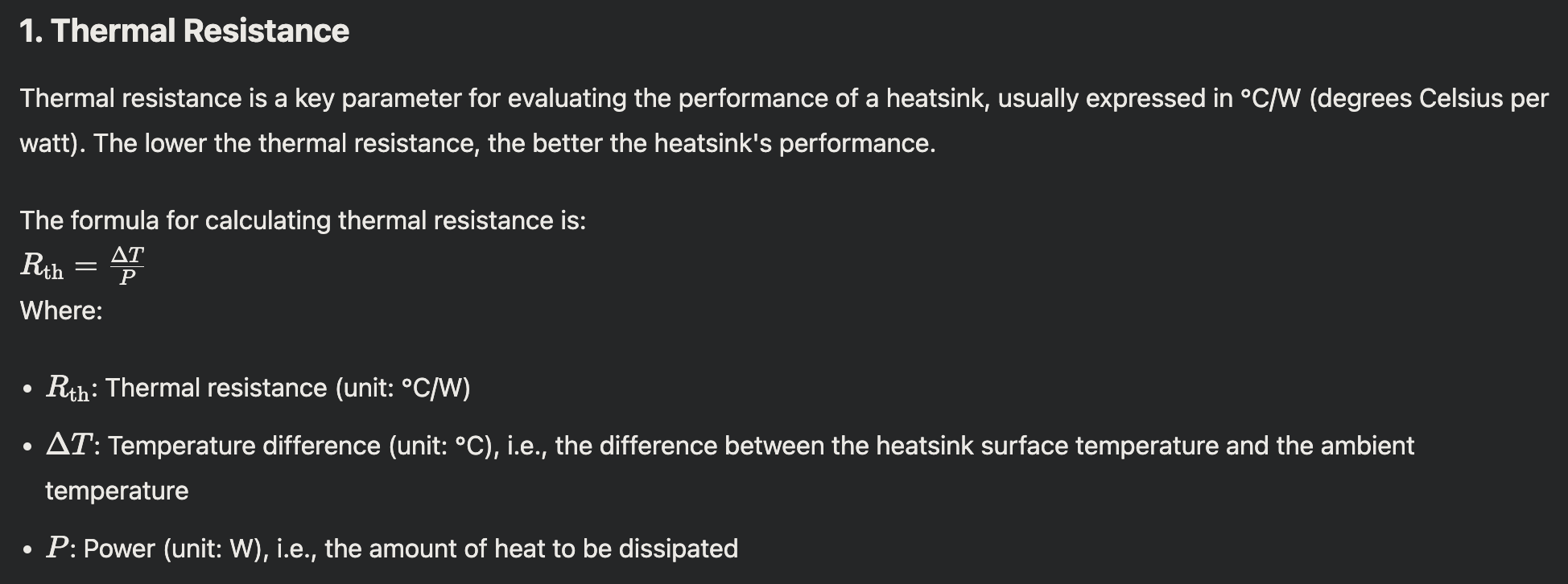

4. Heatsink Material and Design
The material and design of the heatsink also affect its performance:
- Material: Common materials include aluminum and copper. Copper has better thermal conductivity, but aluminum is lighter and more cost-effective.
- Design: The surface area, number of fins, and shape of the heatsink all influence its heat dissipation performance.
5. Practical Considerations
In practical applications, the following factors should also be considered:
- Air Cooling or Liquid Cooling: Air-cooled heatsinks rely on airflow, while liquid-cooled heatsinks use circulating liquid for heat dissipation.
- Installation Method: Ensure good contact between the heatsink and the heat source. Thermal paste or thermal pads can be used to improve heat conduction efficiency.
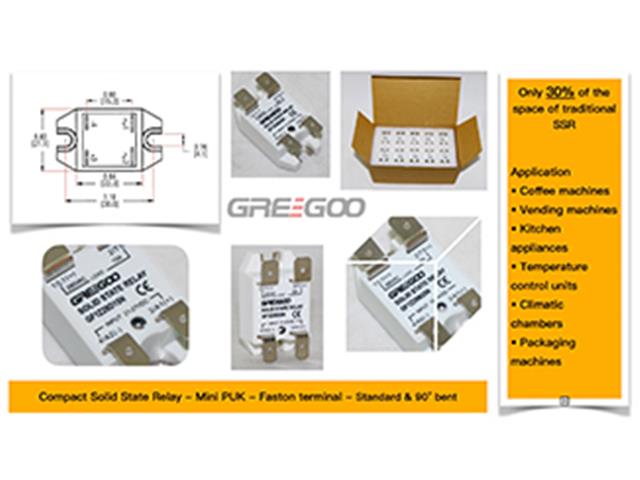
𝑪𝒐𝒎𝒑𝒂𝒄𝒕 𝑺𝒐𝒍𝒊𝒅 𝑺𝒕𝒂𝒕𝒆 𝑹𝒆𝒍𝒂𝒚 - 𝑴𝒊𝒏𝒊 𝑷𝑼𝑲 𝑺𝒐𝒍𝒊𝒅 𝑺𝒕𝒂𝒕𝒆 𝑹𝒆𝒍𝒂𝒚 - 𝑭𝑨𝑺𝑻𝑶𝑵 𝑻𝒆𝒓𝒎𝒊𝒏𝒂𝒍 𝑺𝒐𝒍𝒊𝒅 𝑺𝒕𝒂𝒕𝒆 𝑹𝒆𝒍𝒂𝒚
𝑪𝒐𝒎𝒑𝒂𝒄𝒕 𝑺𝒐𝒍𝒊𝒅 𝑺𝒕𝒂𝒕𝒆 𝑹𝒆𝒍𝒂𝒚 - 𝑴𝒊𝒏𝒊 𝑷𝑼𝑲 𝑺𝒐𝒍𝒊𝒅 𝑺𝒕𝒂𝒕𝒆 𝑹𝒆𝒍𝒂𝒚 - 𝑭𝑨𝑺𝑻𝑶𝑵 𝑻𝒆𝒓𝒎𝒊𝒏𝒂𝒍 𝑺𝒐𝒍𝒊𝒅 𝑺𝒕𝒂𝒕𝒆 𝑹𝒆𝒍𝒂𝒚
Read More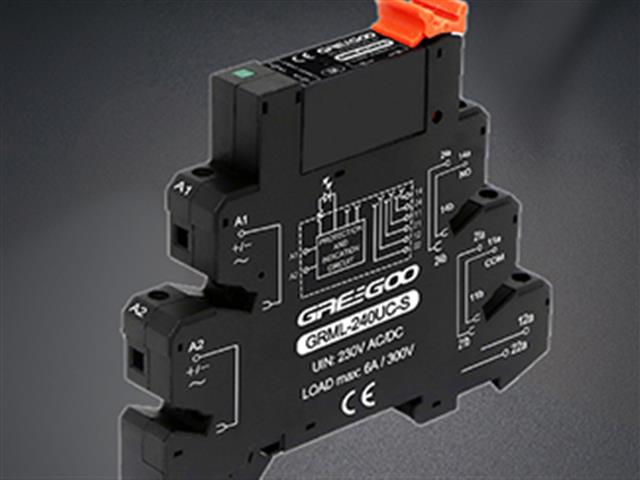
Socket Solid State Relay and Solid State Relay with Integrated Heatsink, what's the difference between feature and application
DIN rail mounted Socket Solid State Relay and Solid State Relay with Integrated Heatsink
Read More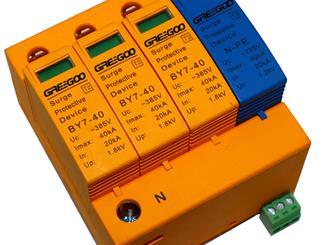
What is the main differences between Type 1 and Type 2 SPD?
It's worth noting that a comprehensive surge protection strategy may involve using both Type 1 and Type 2 SPDs in combination, along with other protective measures, to ensure maximum protection for electrical systems and connected devices.
Read More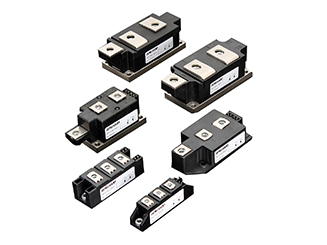
Dual Thyristor Module vs Dual Diode Module vs Thyristor Diode Module, what's their difference?
Difference between dual thyristor module, dual diode module and thyristor diode combined module
Read More














